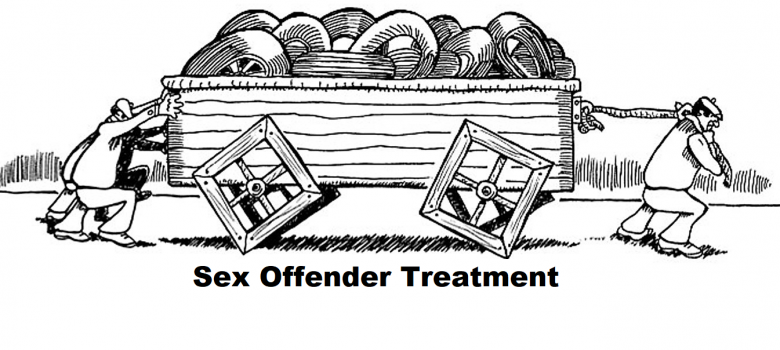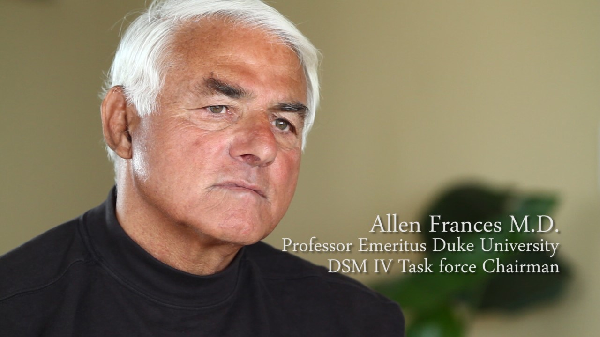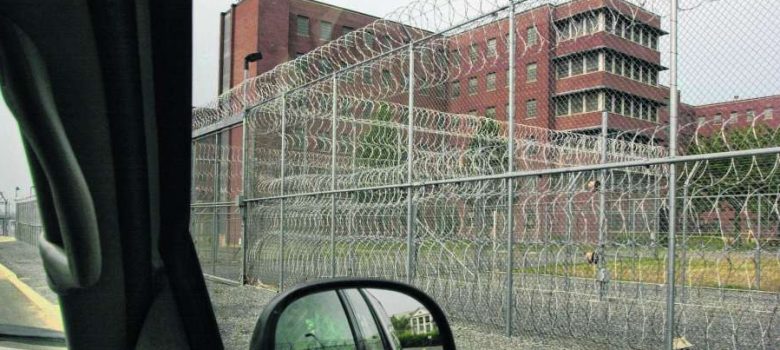To All Confinees in Every So-Called Sex-Offender Commitment Facility in the U.S.

The below came from The Legal Pad, Volume 4, Issue 3 (March, 2020), p. 1, published by Cyrus Gladden from the gulag in Moose Lake, Minnesota. To All Confinees in Every So-Called Sex-Offender Commitment Facility in the U.S.: By Cyrus Gladden Right now, I am trying to collect a centralized list/database of certain sex offenders in each other sex-offender commitment facility as a Committee of Correspondence. The most immediate aim of this Committee will be to frequently share all information significant to us, to foster uniform agreement on positions of critical importance to us, and to compare notes on all…











